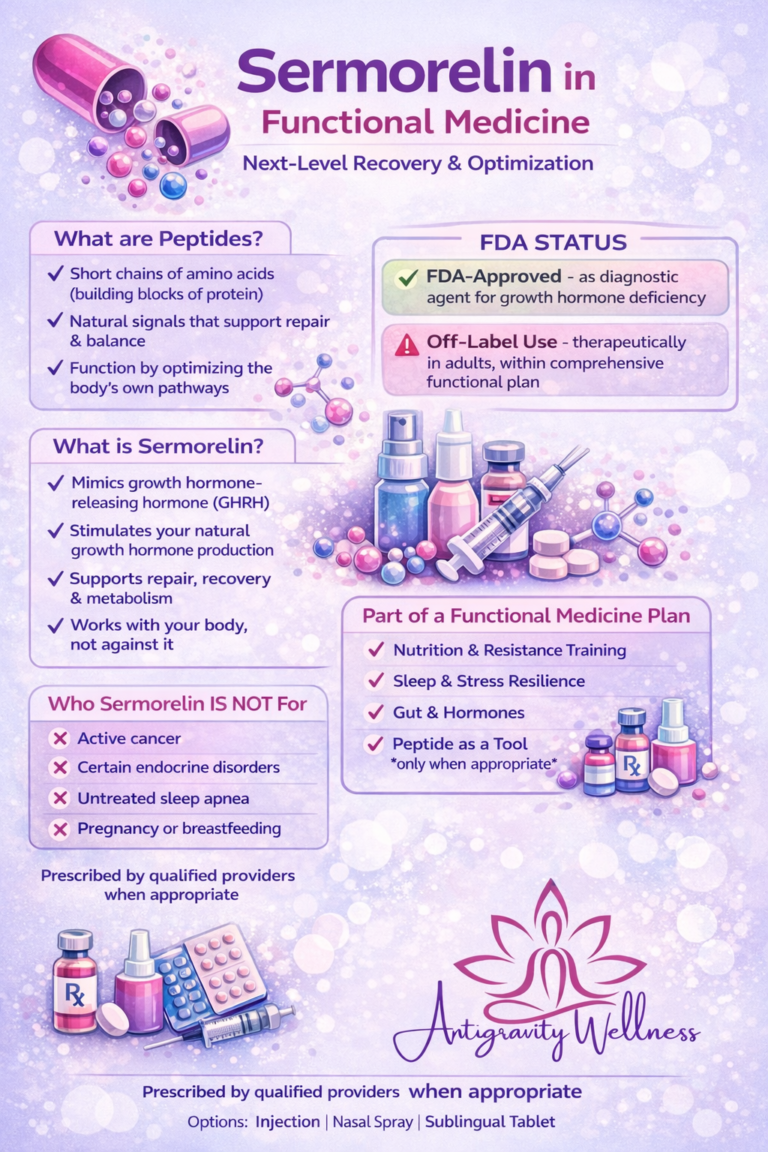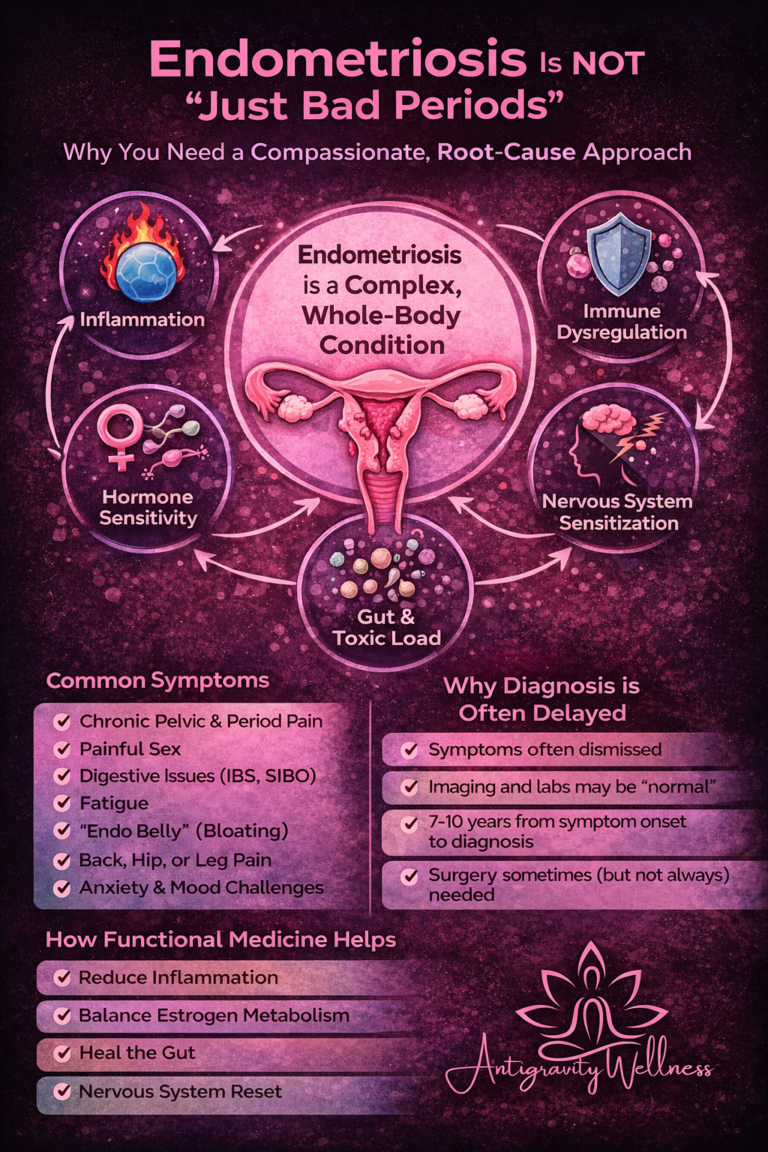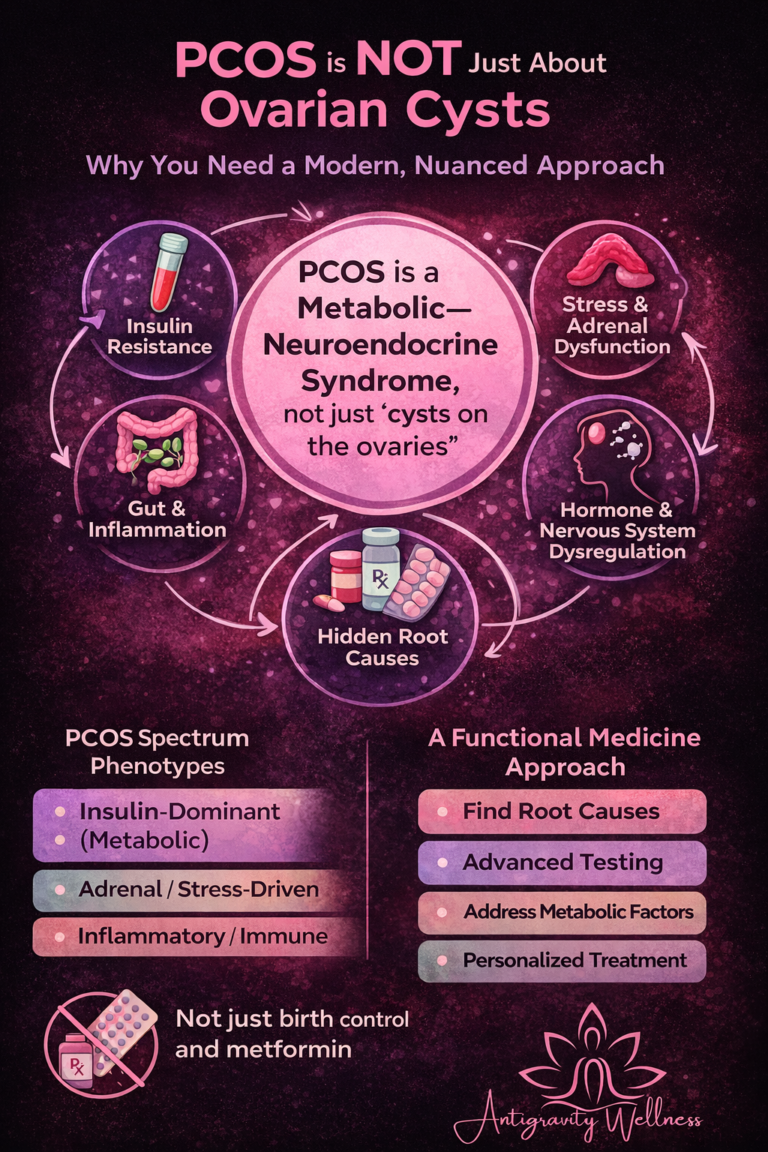
Samantha, 39, was finally starting to prioritize her health. She was eating more whole foods, cutting back on sugar, and even making time for yoga a few times a week. But every time she sat down to eat—especially something healthy like a salad or smoothie—her stomach would twist into knots, and she’d have to rush to the bathroom within the hour. The unpredictability was exhausting. She stopped saying yes to brunch dates, road trips, and even her evening walks with friends. It felt like her body was betraying her… and she didn’t know what to do.
What Is Diarrhea, Really?
Diarrhea is more than just an occasional upset stomach—it’s defined as:
- Loose or watery stools
- More than three bowel movements per day
- Urgency or difficulty holding bowel movements
- Cramping, bloating, or fatigue that often accompanies episodes
When it happens once in a while, it’s uncomfortable. But when it’s happening regularly or unpredictably, it can be life-altering.
There are different patterns:
- Acute diarrhea: lasts a few days to a week, often from infection or food reaction
- Chronic diarrhea: persists for more than four weeks and may indicate a deeper issue
Why Diarrhea Becomes More Common After 35
If you’re in your late 30s, 40s, or early 50s, you may notice that your gut has become more sensitive—foods you used to tolerate now trigger bloating, urgency, or discomfort.
That’s because hormonal shifts in perimenopause and menopause can change how your digestive system functions. Here’s how:
- Estrogen and progesterone fluctuations affect gut motility and the gut microbiome [^1]
- Low progesterone can lead to increased bowel movements and looser stools
- Heightened stress during this life stage increases cortisol, which directly impacts digestion and speeds things up [^2]
- Thyroid dysfunction (especially undiagnosed hyperthyroidism) is more common during hormonal transitions and can cause diarrhea
- Some medications—including magnesium supplements, metformin, SSRIs, and antibiotics—can also contribute
And just like constipation, diarrhea impacts your ability to eliminate estrogen. But instead of backing up like constipation, diarrhea may flush nutrients, damage the gut lining, and leave you depleted.
Holistic Strategies to Calm the Gut
At Antigravity Wellness, we always ask: what is your gut trying to tell you? Diarrhea is a symptom, not a diagnosis—and it’s worth listening to. Here are the daily practices we often recommend:
✅ Nutrition
- Simplify your diet during flare-ups: cooked carrots, white rice, bone broth, and banana are gentle and easy to digest.
- Identify food triggers using a food-mood-poop journal. Common culprits: gluten, dairy, high FODMAPs, caffeine, alcohol, and artificial sweeteners.
- Avoid raw veggies and high-fat meals temporarily, which may worsen urgency.
✅ Hydration and Electrolytes
- Diarrhea depletes electrolytes like sodium, potassium, and magnesium. Replenish with unsweetened electrolyte powders, coconut water, or homemade mineral broth.
✅ Nervous System Support
- Incorporate daily breathwork, vagal nerve stimulation, or gentle yoga to downshift your system into rest-and-digest mode.
✅ Supplements (with guidance)
- Saccharomyces boulardii: a probiotic yeast shown to reduce diarrhea [^3]
- L-glutamine: supports gut lining repair and reduces permeability
- PHGG or acacia fiber: bulks stool and supports microbiome balance
- Activated charcoal or binders (for occasional use only, under supervision)
Explore high-quality options in our Fullscript Supplement Shop, but please consult your provider first—especially if you’re on other medications or have chronic conditions.
Conventional Medical Options
Doctors may evaluate diarrhea through:
- Stool cultures to rule out infections
- Colonoscopies or imaging if symptoms are chronic or red flags are present
- Antidiarrheal medications like loperamide (Imodium) or bile acid binders for specific cases
- Prescription treatments for IBS-D (like rifaximin or eluxadoline)
While these options can provide symptom relief, they rarely address underlying drivers like stress, microbiome imbalance, or hormone dysfunction.
Case Study: Meet Tara
Tara, 45, came to Antigravity Wellness with chronic diarrhea, bloating, and fatigue. She had tried everything—from low-FODMAP diets to probiotics from the drugstore. Nothing lasted. She also noticed worsening PMS and irritability over the last year.
We ran a GI MAP test and DUTCH hormone panel and uncovered:
- An overgrowth of opportunistic bacteria
- Low progesterone and elevated estrogen metabolites
- Signs of stress-related cortisol imbalance
Because Antigravity Wellness uses advanced functional testing like the GI MAP, we were able to pinpoint exactly what was going wrong—and treat it directly. That meant faster, more effective relief without endless trial and error.
Tara’s personalized care plan included:
- A short herbal antimicrobial protocol to rebalance the gut
- A modified elimination diet with cooked, easy-to-digest meals
- Magnesium repletion and gut lining repair
- Hormonal support with targeted supplementation and eventually bioidentical progesterone
Within 8 weeks, her bowel movements normalized, the bloating resolved, and she felt more emotionally stable and energized.
Why Diarrhea Deserves Real Attention
It’s tempting to chalk it up to “just stress” or “something I ate”—but chronic diarrhea impacts your:
- Nutrient absorption (especially iron, B12, and magnesium)
- Gut lining integrity (leading to leaky gut)
- Hormone clearance and balance
- Emotional well-being and energy levels
This is your body waving a red flag. You deserve answers—not just Imodium.
You Don’t Have to Live with Chaos in Your Gut
Diarrhea isn’t just about what you ate last night. It can be a sign of hormone imbalance, gut dysfunction, or adrenal dysregulation. At Antigravity Wellness, we use targeted, research-backed strategies—starting with the right testing—to get to the root faster and help you feel better sooner.
Ready to uncover the real reason for your gut symptoms and reclaim control?
👉 Book your Brief Initial Consult now
👉 Explore calming, gut-friendly supplements in our Fullscript Shop
Resources and References
- “Effects of Estrogen on the Gastrointestinal Tract” https://pubmed.ncbi.nlm.nih.gov/29387989/
- Chrousos GP. “Stress and disorders of the stress system.” Nat Rev Endocrinol. 2009;5(7):374–381. https://www.nature.com/articles/nrendo.2009.106
- McFarland LV. “Systematic review and meta-analysis of Saccharomyces boulardii in adult patients.” World J Gastroenterol. 2010;16(18):2202–2222. https://www.wjgnet.com/1007-9327/full/v16/i18/2202.htm




